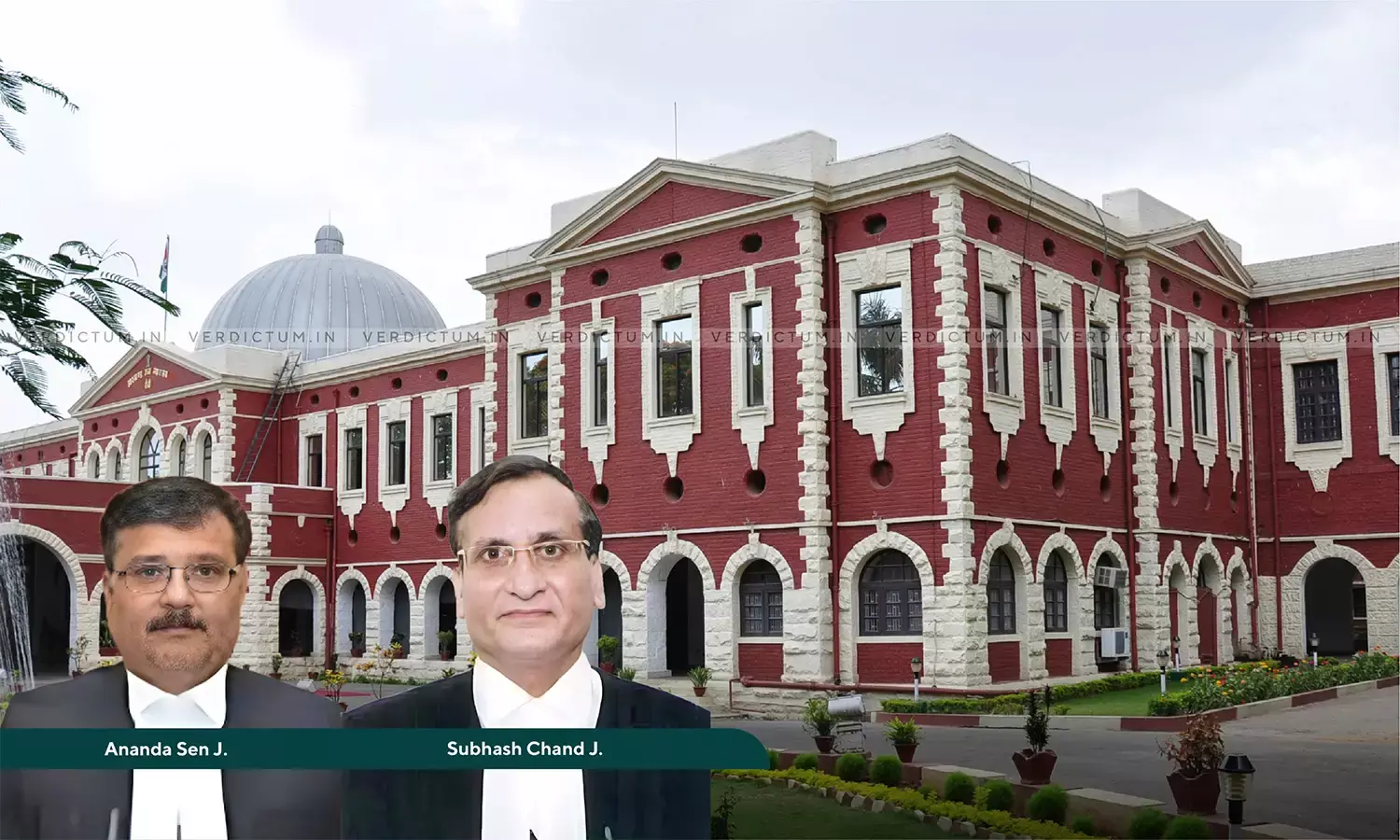Involuntary And Coerced Extra Judicial Confession Not Admissible In Evidence: Jharkhand HC Acquits Murder Accused
The Jharkhand High Court sets aside conviction in a case of sexual harassment and murder of a 10-year-old while observing that involuntary and coerced extra-judicial evidence cannot be admissible in evidence.
The Court said that an extra-judicial confession is considered weak evidence and cannot be relied upon unless it inspires the Court's confidence in its trustworthiness.
The Court was hearing the instant Criminal Appeal against the judgment of conviction whereby the learned trial Court had convicted the appellant under Sections 302 and 377 of the Indian Penal Code.
The bench of Justice Ananda Sen and Justice Subhash Chand observed, “The extra judicial confession being not voluntary and was the result of coercion cannot be admissible in evidence. The extra judicial confession is a weak kind of evidence, unless and until, the same inspires the confidence of the Court to believe the same to be trustworthy, the same cannot be relied upon.”
Advocate Yogesh Modi appeared for the Appellant and Special PP Priya Shrestha appeared for the Respondent.
Brief Facts-
The prosecution alleged that Upendra Mehta took the ten year old boy (victim) to watch TV. The next morning, the boy's body was found with Upendra's spectacles nearby. Villagers confronted Upendra, who confessed to the crime. Upendra was charged under IPC Sections 302 and 377. At trial, he denied the charges, claiming his confession was coerced and the spectacles were not his. The Trial Court convicted and sentenced him. He appealed, arguing the conviction was based on incomplete circumstantial evidence and procedural errors.
After hearing the testimony of the witnesses the Court noted that the extra judicial confession made was the outcome of coercion as the appellant-convict was frightened and threatened and was also tied by the villagers.
The Court mentioned the decision of the Supreme Court in the case of Union of India & Ors. Vs. Major R. Metri, where the Supreme Court held that the extra judicial confession is a weak piece of evidence unless such confession is found voluntarily, trustworthy and reliable, the conviction solely based on the same without corroboration would not be justified.
In the present case, the Court said that the chain of circumstantial evidence is not found complete as the chain breaks regarding the evidence of the identity of spectacle, which is alleged to have been recovered near the dead body of deceased and is alleged to be of appellant-convict.
The Court further said that the chain breaks on the extra judicial confession of the deceased, which was the result of coercion and the same is not admissible.
Accordingly, the Court found that the impugned judgment of conviction and the order of sentence passed by the learned Trial Court is based on perverse findings and the same needs interference.
Therefore, the Court set aside the impugned judgment and acquitted the appellant.
Finally, the Court allowed the Criminal Appeal.




